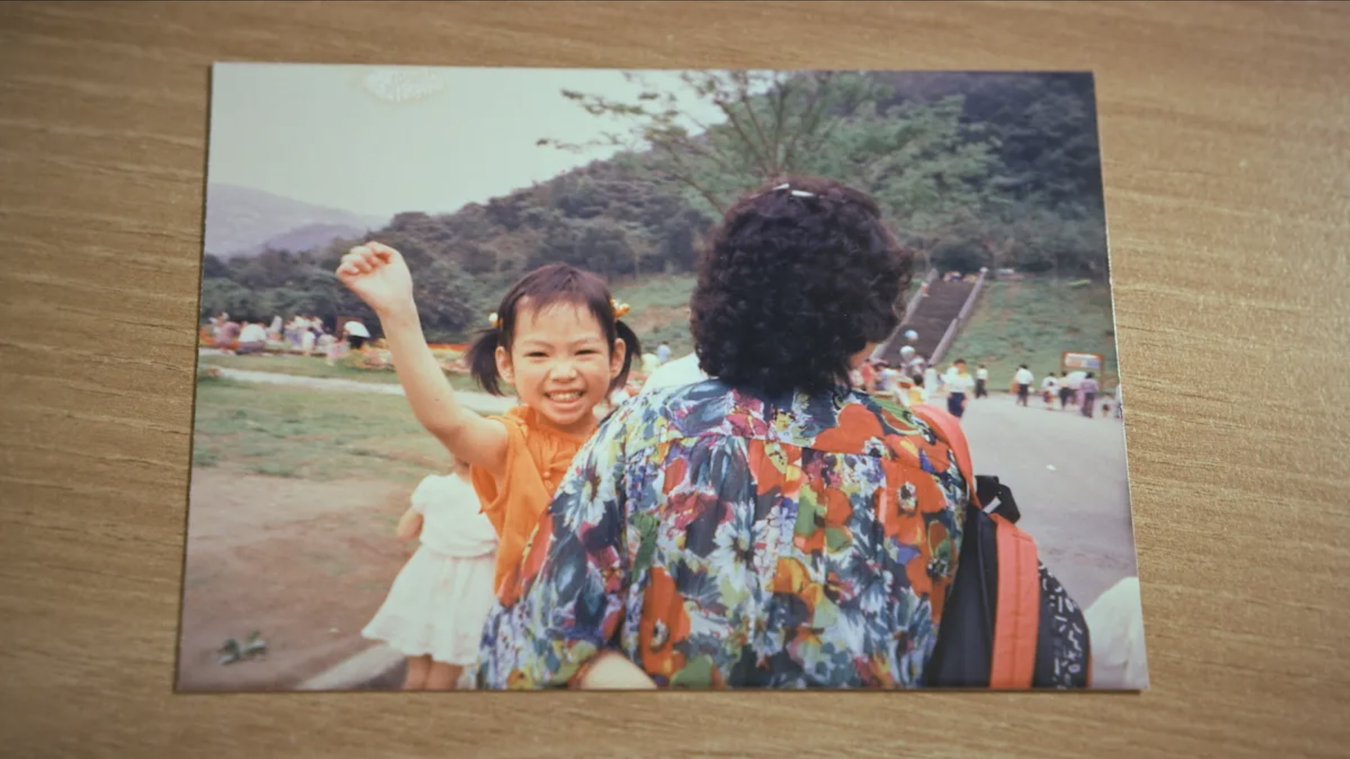by Brian Hioe
語言:
English
Photo credit: Film Still
LIGHT OF THE SETTING SUN is a capable, elegiac work examining filmmaker Vicky Du’s family. Du focuses on the history of silences in the family, silences she ultimately traces back to the trauma of displacement after the Chinese Civil War.
What results is something like the 2016 documentary Small Talk, inclusive of the subject of how one comes out to one’s distant family. Du touches a good job mixing moments of levity with more serious reflection on trauma that has been passed down for many generations of a family.
Preserving many moments of silence, the movie is a mature one, in allowing the content to speak for itself rather than injecting it with emotional cues. This also goes to further show how much the work is all the more a deeply emotional one, requiring a great degree of courage on Du’s part in order to confront the past.
In focusing on the closed unit of her family, Du manages to integrate personal stories with the broader political and historical context in which her family came to immigrate to Taiwan, then to the US. If anything, Du excels at showing rather than telling. Many well-executed establishing shots serve to convey the atmosphere of contemporary Taipei, as well as the juxtaposition of the present to the past, without being overbearing in any way.
And the framework of the film appears to be a highly Confucian one–the denouement of the film seems to be a resolution of the broken cycle of filial piety. At the same time, one is left with a sense that it is not exactly as though the silence–and sadness–that the movie lingers on has exactly been filled either. If anything, through the perceptive use of sound and lighting, the film demonstrates how moments of silence can themselves constitute a larger narrative.
If there is a weakness to the film, it may be that the frequent use of Chinese comes off as something of a diasporic cliche. Likewise, the film seems to trace Du’s family trauma only back to its origins in China–as though the members of Du’s family would not have become themselves changed by time spent in Taiwan that eventually was more than the time that they spent in China–in that the origins of Du’s family trauma may not necessarily only be due to displacement from China, but also the many decades of living in Taiwan under domestic authoritarianism–even as a waishengren family. Indeed, waishengren narratives invariably trace psychic trauma back to displacement from China, while Taiwan or any subsequent diasporic experience itself tends to be curiously absent–as is true of anything from Pai Hsien-yung’s Taipei People to 2024’s An Island In Between.
Still, the strengths of Light of a Setting Sun are much greater than any of its narrative flaws. Light of a Setting Sun proves a strong entry in diasporic storytelling about the aftermath of the Chinese Civil War, then.



